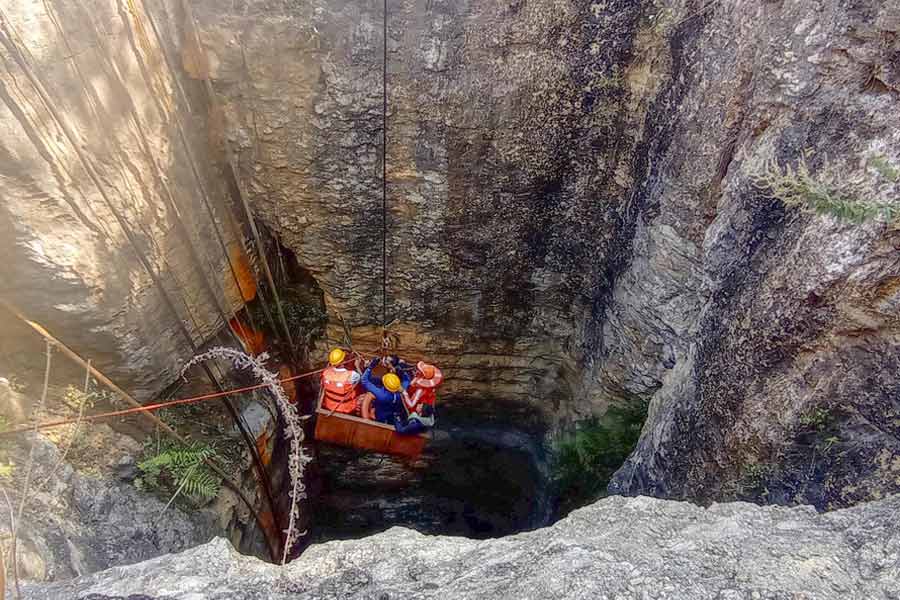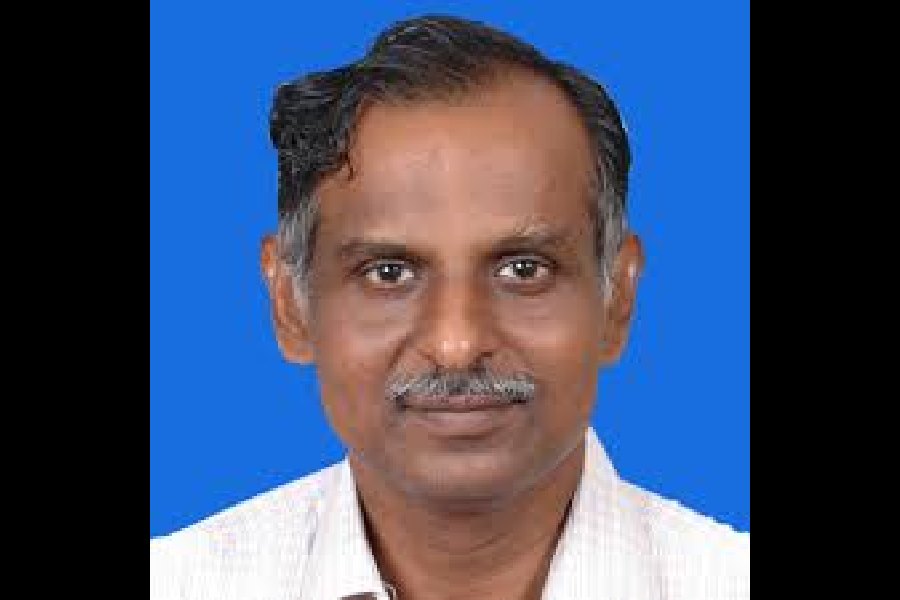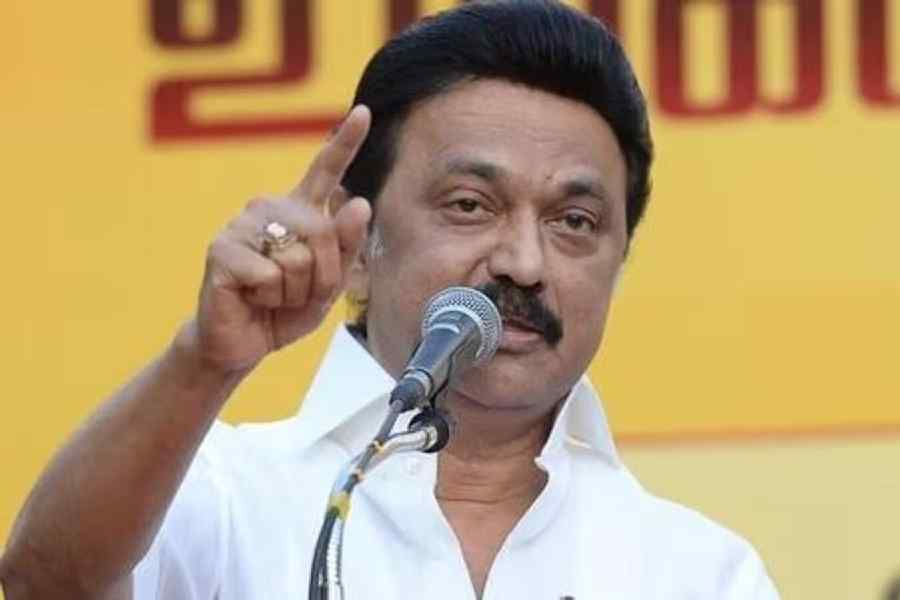The National Eligibility cum Entrance Test-Undergraduate (NEET-UG) for admission into medicine courses is expected to be held in multiple stages and each stage is likely to have multiple sessions.
A high-level committee chaired by former Isro chairman K. Radhakrishnan, which was set up by the education ministry to suggest reforms in the examination process, data security protocols and structure and functioning of the National Testing Agency (NTA), has recommended a multi-stage NEET exam.
According to a PTI report, the Centre on Thursday informed the Supreme Court that it would implement all the corrective measures suggested by the expert panel on the NEET-UG.
Currently, the NEET-UG is held in a single session in pen and paper test (PPT) mode. Last year, the paper leak in Jharkhand seriously compromised the sanctity of the test.
“Multi-stage testing for NEET-UG could be a viable possibility that needs to be followed up. An acceptable framework with thresholds and test objectives of scoring/ranking at each stage, and number of attempts etc, may be evolved,” the committee report said.
At present, the IITs admit students into BTech courses through a two-stage examination process. The Joint Entrance Examination-Main (JEE-Main), conducted in the computer-based test (CBT) format, is used as a filter by the IITs. The top 2.5 lakh scorers in JEE-Main are allowed to appear for JEE-Advanced. The Radhakrishnan panel’s recommendation has supported a similar multi-staged examination forthe NEET-UG.
Rajeev Kumar, a retired professor of IIT Kharagpur, said the multi-stage test would help scale down the number of candidates for the final round of exam. In 2024, nearly 24 lakh students took the NEET exam on a single day.
“It is a welcome recommendation. It needs to be followed up by action,” Kumar said.
The panel, which took feedback from over 37,000 stakeholders, also favoured a multi-session test spread over a few days to a couple of weeks. The methodology of the normalisation process for bringing parity in the scores should be well-defined, established, documented and communicated transparently for each test, the panel recommended.
On the Common University Entrance Test (CUET), conducted for admission into UG courses in central universities, the committee suggested that the multitude of subject streams be rationalised as a compact cluster of related subject streams.
At present, the NTA is managed by employees outsourced from different government departments. The committee said the NTA needs to be manned with internal domain-specific human resources and leadership teams. The committee wants the NTA to conduct only entrance exams and not hold any recruitment tests.
The NTA should develop institutional links with state/district-level authorities to provide a secure test administration apparatus. The candidates should get a choice on testing centres in their district of residence, the panel said.
The PPT requires the involvement of multiple third-party agencies in printing, transporting and storing question papers and OMR sheets before they reachthe centre.










